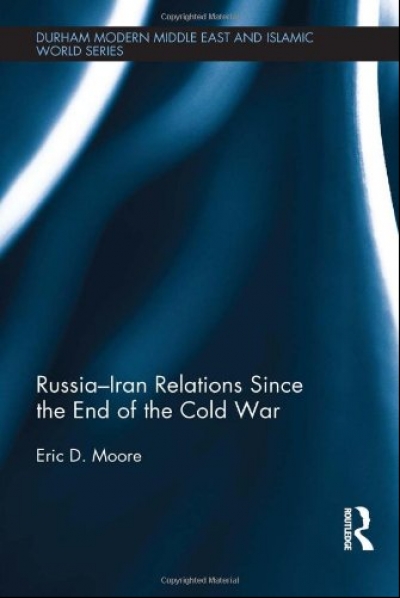



In his June 26 meeting with Russian President Vladimir Putin, US President Joe Biden attempted to revive the Cold War mentality but it is likely to cost America dearly. The world has changed considerably in the last 30 years.
Whatever the West touches, it destroys. Somalia, Sudan and Ethiopia show the evidence of Western meddling and aggression.
Russian-Iranian relations form the backdrop of this review in which Western writers are found to lack understanding of other societies because they have little knowledge of local languages, culture or access to primary sources. Dmitry Shlapentokh, associate professor at Indiana State University, South Bend, Indiana, reviews Russia-Iran Relations Since the End of the Cold War by Eric D. Moore (Routledge, 2014; 242 pp., $8.84 hbk).
Russia and the West are heading towards Cold War type rivalry, especially in Central Asia that Moscow considers its sphere of influence.
On a visit to a Muslim country in 1990, a young journalist called me in my hotel room. Excited about the end of the Cold War and the peace dividend that was about to break out, he wanted my opinion on the subject.
If paranoia has become the official dogma of US domestic policy, militant unilateralism and hegemonic tendencies born of a sense of raw power have taken hold of Washington’s foreign policies...
For people above a certain age, there is something almost comfortingly familiar about the international politicking over Russia’s invasion of Georgia and its subsequent recognition of the ‘independence’ of the two separatist regions of South Ossetia and Abkhazia.
After nearly four of decades of cold war conflict, accompanied by apathy and acceptance of the general population, the ‘no-nukes’ movement finally arose in the early 1980s to protest the ongoing threat of nuclear conflagration.
The game of world politics is full of twists and developments that often confound analysts and observers. The recent NATO decision to absorb new members from Eastern Europe is one such development.
Throughout much of the second half of this century the mere utterance of the name NATO would have conjured up images of the cold war. Contrary to most predictions, however, the end of the cold war did not mark the beginning of the end for NATO.

